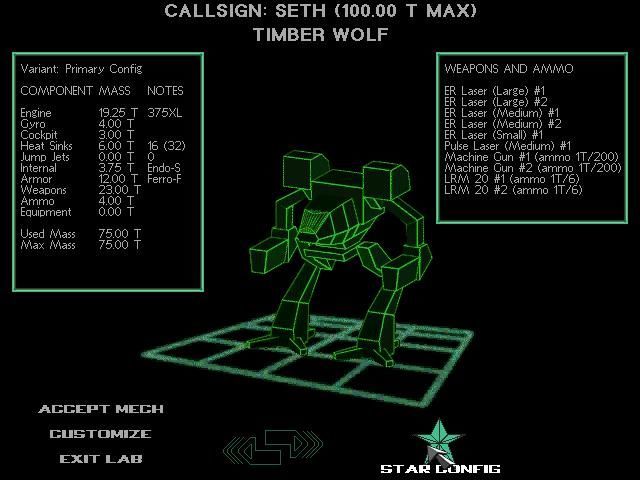one of the main people invested in making it smarter is saying that soon, it might even become self-sustaining and self-replicating
In a podcast interview with the New York Times’ Ezra Klein, Anthropic CEO Dario Amodei discussed “responsible scaling” of the technology — and how without governance, it may start to, well, breed.

Amodei explained to Klein, Anthropic uses virology lab biosafety levels as an analogy for AI. Currently, he says, the world is at ASL 2 — and ASL 4, which would include “autonomy” and “persuasion,” may be just around the corner
ASL 4 is going to be more about, on the misuse side, enabling state-level actors to greatly increase their capability, which is much harder than enabling random people," Amodei sai

"So where we would worry that North Korea or China or Russia could greatly enhance their offensive capabilities in various military areas with AI in a way that would give them a substantial advantage at the geopolitical level

“Various measures of these models,” he continued, “are pretty close to being able to replicate and survive in the wild.”
When Klein asked how long it would take to get to these various threat levels, Amodei — who said he’s wont to thinking “in exponentials” — said he thinks the “replicate and survive in the wild” level could be reached “anywhere from 2025 to 2028.”




News media, and a lot of people in general, still have this weird notion that c suites are experts in whatever field their company operates because many of those same people still also operate under the notion that we live in a meritocracy, so those in charge must have reached that position through shrewd, intelligent decisions, and not through ‘being born on third base’ or stabbing enough backs.